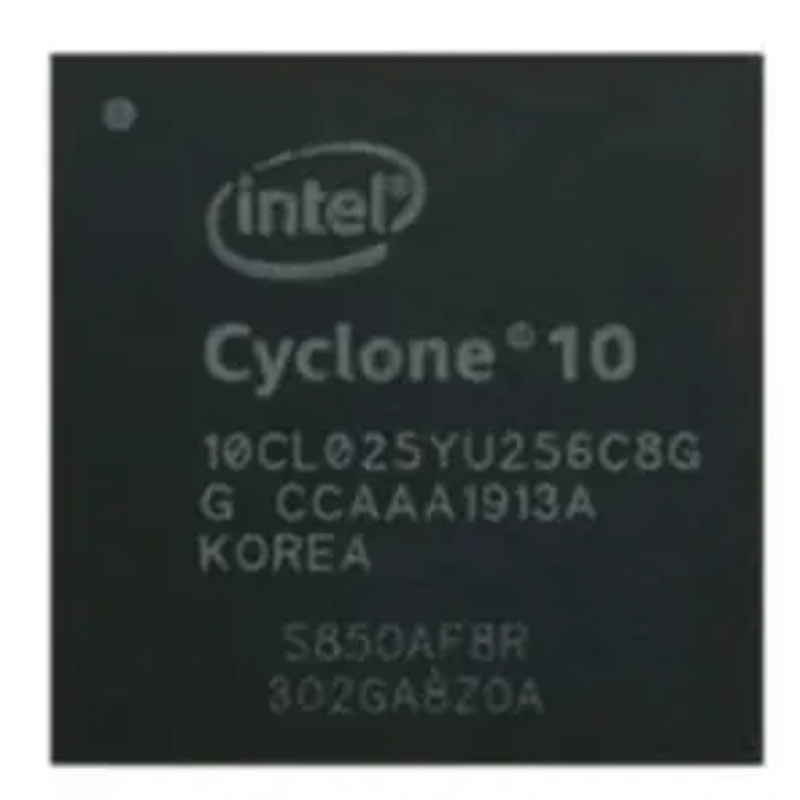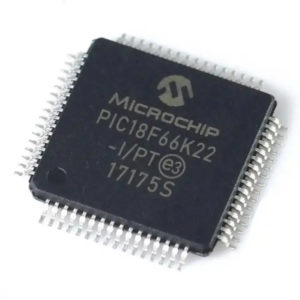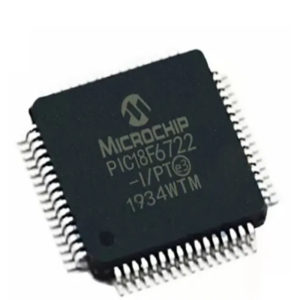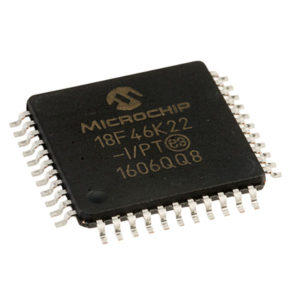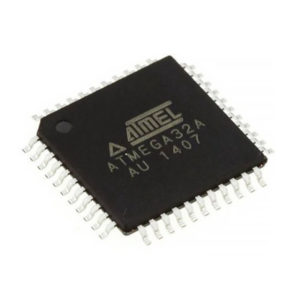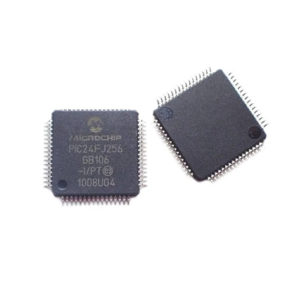10CL025YU256C8G
| Manufacturer | Altera |
| Description | IC FPGA 150 I/O 256UBGA |
| Category | Integrated Circuit |
| Package | BGA-256 |
| Status | New & original |
| Ship From | HK/SHENZHEN |
| Stocks | 10,000 |
Please submit your BOM List or Input the part online
Description
The 10CL025YU256C8G is a specific model of FPGA (Field-Programmable Gate Array) from the Cyclone 10 CL family, manufactured by Intel (formerly Altera). This FPGA offers 25,000 logic elements and 256 user I/O pins, along with other features such as embedded memory, PLLs, and high-speed transceivers.
FPGAs like the 10CL025YU256C8G are programmable integrated circuits that can be used in a variety of applications. Some of the common applications where this FPGA model can be utilized include:
1. Internet of Things (IoT): FPGAs are used in IoT devices for tasks such as sensor integration, data processing, and communication. They can handle the complexities of IoT data streams, perform real-time analytics, and interface with different communication protocols.
2. Edge Computing: FPGAs are utilized in edge computing applications for tasks such as data preprocessing, AI acceleration, and real-time decision making. They offer low-latency processing capabilities, which are crucial for time-sensitive applications at the edge of the network.
3. Robotics: FPGAs find application in robotics for tasks such as motor control, sensor fusion, and real-time control. They provide the necessary computational power and flexibility to process sensor data and control actuators with low latency, enabling precise and responsive robotic systems.
4. Industrial Automation: FPGAs are commonly used in industrial automation systems for tasks such as process control, motion control, and monitoring. They can interface with sensors and actuators, implement control algorithms, and provide real-time processing capabilities.
5. High-Speed Data Processing: FPGAs are used in applications that require high-speed data processing, such as network packet processing, high-frequency trading, and scientific research. The parallel processing capabilities of FPGAs make them suitable for handling and analyzing large volumes of data in real time.
6. Test and Measurement: FPGAs find application in test and measurement equipment for tasks such as signal generation, data acquisition, and protocol analysis. They offer the flexibility to adapt to different test scenarios and provide real-time processing capabilities for accurate measurements.



















































